Home>Furniture & Design>Interior Design Trends>How To Get Hard Water Stains Off Glass
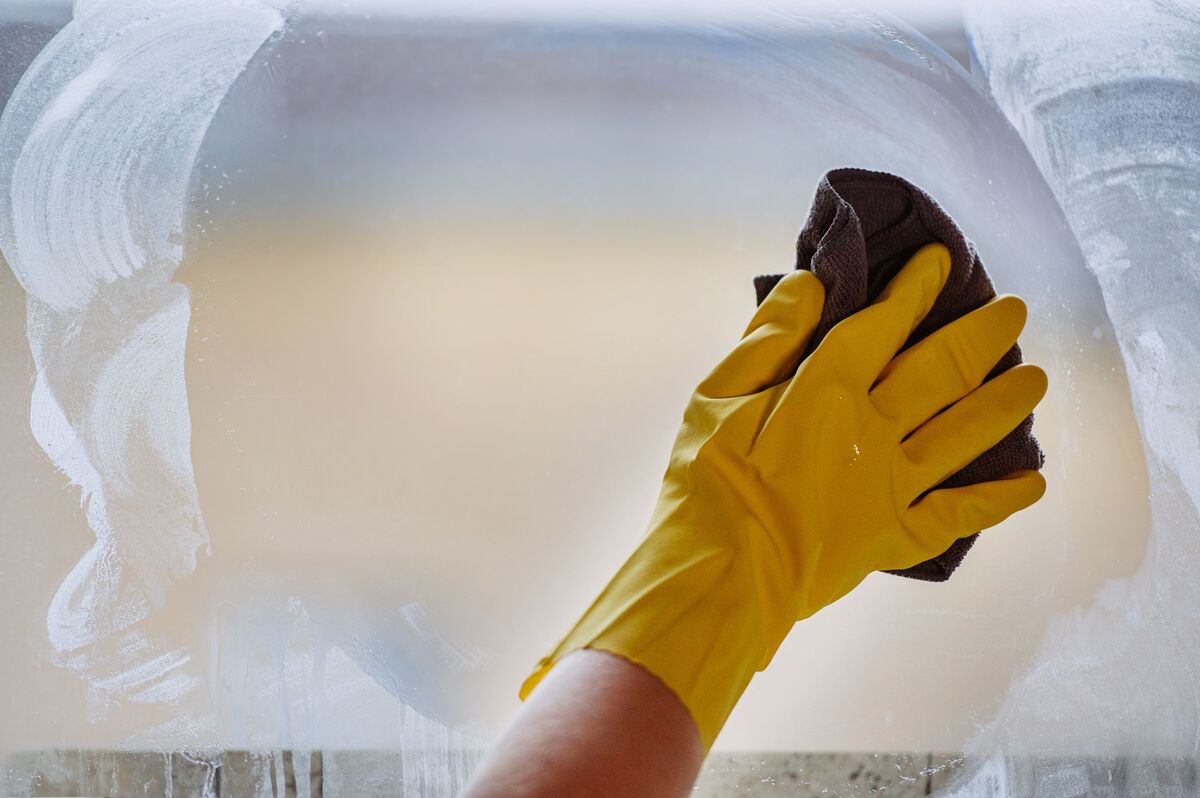

Interior Design Trends
How To Get Hard Water Stains Off Glass
Modified: February 18, 2024
Learn effective techniques for removing hard water stains from glass surfaces. Discover the latest interior design trends for a sparkling, clean home.
(Many of the links in this article redirect to a specific reviewed product. Your purchase of these products through affiliate links helps to generate commission for Storables.com, at no extra cost. Learn more)
Introduction
Hard water stains on glass surfaces can be a persistent nuisance, detracting from the overall aesthetic appeal of your home. Whether it's on shower doors, windows, or glassware, these stubborn mineral deposits can be challenging to remove. However, with the right knowledge and techniques, you can effectively restore the clarity and shine of your glass surfaces.
Understanding the nature of hard water stains and the various methods for their removal is essential for maintaining a sparkling, pristine environment. In this comprehensive guide, we will delve into the intricacies of hard water stains, explore common and natural remedies for their removal, and discuss preventive measures to keep your glass surfaces gleaming.
By the end of this article, you will be equipped with the expertise to tackle hard water stains with confidence, ensuring that your glass surfaces remain free from unsightly mineral deposits. Let's embark on this journey to discover the most effective strategies for banishing hard water stains and restoring the luster of your glass fixtures.
Key Takeaways:
- Say goodbye to hard water stains on glass by using natural remedies like vinegar, lemon juice, and baking soda paste. Prevent future stains with regular cleaning and a water softening system for sparkling, pristine glass surfaces.
- Combat hard water stains with vinegar, baking soda, and lemon juice. Prevent stains by squeegeeing after each use and using water softening systems for clear, blemish-free glass.
Understanding Hard Water Stains
Hard water stains, also known as mineral deposits, are the unsightly residue left behind when water containing high levels of minerals such as calcium and magnesium evaporates, leaving a cloudy film on glass surfaces. These minerals are naturally occurring and are present in varying concentrations in water sources across the globe. When hard water comes into contact with glass, the minerals can adhere to the surface, creating stubborn stains that can be challenging to remove.
The composition of hard water stains primarily consists of calcium carbonate and magnesium silicate, which form crystalline deposits on glass surfaces. These deposits can accumulate over time, resulting in a hazy or cloudy appearance that diminishes the transparency and visual appeal of glass fixtures. In addition to their aesthetic impact, hard water stains can also compromise the functionality of glass surfaces, such as shower doors and windows, by obstructing visibility and detracting from the overall cleanliness of the space.
The formation of hard water stains is exacerbated by factors such as high mineral content in the water supply, frequent exposure to water, and inadequate ventilation, which can lead to prolonged drying times and increased mineral deposition. Understanding the underlying causes of hard water stains is crucial for implementing effective removal and prevention strategies, ensuring that your glass surfaces remain pristine and free from the detrimental effects of mineral buildup.
By gaining insight into the nature of hard water stains and the mechanisms driving their formation, you can approach their removal and mitigation with a targeted and informed approach. With this foundational understanding, you will be better equipped to explore the various methods and remedies for eliminating hard water stains and maintaining the clarity and brilliance of your glass surfaces.
Common Methods for Removing Hard Water Stains
When it comes to combating hard water stains on glass, several common methods have proven to be effective in restoring the pristine clarity of glass surfaces. These methods leverage readily available household items and cleaning solutions to dissolve and remove the mineral deposits, revitalizing the appearance of glass fixtures. Here are some widely-used techniques for removing hard water stains:
-
Vinegar Solution: Vinegar, a versatile and natural cleaning agent, is highly effective in combating hard water stains. By creating a solution of equal parts white vinegar and water, you can apply this mixture to the affected glass surfaces. The acidic nature of vinegar helps dissolve the mineral deposits, allowing for easier removal. After allowing the solution to sit for several minutes, the stains can be wiped away with a clean cloth or sponge, revealing the sparkling transparency of the glass.
-
Baking Soda Paste: Baking soda, renowned for its gentle abrasive properties, can be combined with water to form a paste that effectively tackles hard water stains. By gently scrubbing the paste onto the stained areas using a non-abrasive sponge or cloth, you can gradually diminish the mineral deposits, restoring the smooth and clear surface of the glass.
-
Lemon Juice: The natural acidity of lemon juice makes it a potent ally in the battle against hard water stains. By applying freshly squeezed lemon juice directly to the affected areas, you can harness the power of citric acid to dissolve the mineral deposits. After allowing the juice to work its magic for a few minutes, a thorough rinse and wipe-down will reveal the revitalized brilliance of the glass.
-
Commercial Glass Cleaners: There are numerous commercial cleaners specifically formulated to target hard water stains on glass surfaces. These products often contain powerful ingredients designed to break down and remove mineral deposits with minimal effort. When using commercial cleaners, it is essential to follow the manufacturer's instructions and safety guidelines to achieve optimal results while safeguarding the integrity of the glass.
-
Razor Blade Scraper: For particularly stubborn hard water stains, a razor blade scraper can be employed to gently remove the deposits from the glass surface. Care must be taken to use the scraper at a shallow angle to avoid scratching the glass. This method is best suited for hardened or older stains that may not respond to traditional cleaning solutions.
By leveraging these common methods for removing hard water stains, you can effectively restore the luster and transparency of your glass surfaces, transforming them from cloudy and blemished to radiant and pristine. Each technique offers a unique approach to combating hard water stains, providing you with a range of options to address varying degrees of mineral buildup on glass fixtures.
Natural Remedies for Removing Hard Water Stains
When it comes to banishing hard water stains from glass surfaces, natural remedies offer a compelling alternative to commercial cleaners, harnessing the power of everyday household items to restore the pristine clarity of glass fixtures. These natural remedies not only effectively dissolve mineral deposits but also minimize the use of harsh chemicals, promoting a more eco-friendly and sustainable approach to cleaning. Let's explore some of the most potent natural remedies for removing hard water stains:
Distilled White Vinegar
Distilled white vinegar, a staple in many households, is renowned for its exceptional cleaning properties. Its acidic nature makes it a formidable adversary against hard water stains. By creating a solution of equal parts distilled white vinegar and water, you can apply this potent elixir to the affected glass surfaces. The acidic properties of the vinegar work to dissolve the mineral deposits, facilitating their effortless removal. After allowing the solution to sit for a brief period, a gentle wipe with a clean cloth or sponge will reveal the revitalized brilliance of the glass, free from the cloudy veil of hard water stains.
Baking Soda and Vinegar Paste
The dynamic duo of baking soda and vinegar forms a powerful natural cleaning paste that effectively combats hard water stains. By combining these two ingredients to form a paste, you can apply it to the stained areas, gently scrubbing with a non-abrasive sponge or cloth. The mild abrasive properties of baking soda, coupled with the acidic action of vinegar, work in harmony to dislodge and dissolve the mineral deposits, gradually restoring the smooth and clear surface of the glass. This natural paste offers a gentle yet potent solution for eliminating hard water stains without resorting to harsh chemicals.
Lemon Juice and Water Solution
The natural acidity of lemon juice makes it an invaluable ally in the battle against hard water stains. By harnessing the power of citric acid, you can create a solution of freshly squeezed lemon juice and water, applying it directly to the affected areas. The acidic properties of the lemon juice effectively break down the mineral deposits, preparing them for easy removal. After allowing the solution to work its magic for a few minutes, a thorough rinse and wipe-down will unveil the renewed brilliance of the glass, free from the stubborn remnants of hard water stains.
By incorporating these natural remedies into your cleaning routine, you can effectively combat hard water stains on glass surfaces while embracing a more sustainable and eco-friendly approach to home maintenance. These natural solutions not only restore the luster and transparency of glass fixtures but also contribute to a healthier and more environmentally conscious living environment.
Using Commercial Cleaners to Remove Hard Water Stains
Commercial cleaners tailored for the removal of hard water stains offer a convenient and potent solution for restoring the pristine clarity of glass surfaces. These specialized products are formulated with powerful ingredients designed to effectively dissolve and eliminate mineral deposits, providing a hassle-free approach to combating stubborn hard water stains. When opting for commercial cleaners, it is essential to select products specifically formulated for glass surfaces to ensure optimal results and prevent damage.
Many commercial cleaners designed for hard water stain removal feature acidic compounds that target and break down mineral deposits, facilitating their effortless removal. These formulations often contain ingredients such as hydrochloric acid or oxalic acid, which effectively dissolve the crystalline structure of the stains, allowing for easy wiping or rinsing. Additionally, some commercial cleaners may incorporate surfactants and emulsifiers to enhance the overall cleaning efficacy, ensuring thorough removal of mineral deposits without leaving behind residue or streaks.
When using commercial cleaners to remove hard water stains, it is crucial to adhere to the manufacturer's instructions and safety guidelines. This includes wearing appropriate protective gear, such as gloves and eye protection, and ensuring adequate ventilation during the cleaning process. Additionally, it is advisable to perform a patch test in an inconspicuous area to assess the compatibility of the cleaner with the specific type of glass surface.
To effectively utilize commercial cleaners for hard water stain removal, begin by applying the product to the affected areas as directed by the manufacturer. Allow the cleaner to penetrate the mineral deposits for the specified duration, ensuring that it effectively dissolves the stains. Following this, gently wipe or rinse the treated surfaces, removing the dissolved mineral deposits and revealing the pristine transparency of the glass.
It is important to note that while commercial cleaners offer a potent solution for hard water stain removal, they should be used judiciously and in accordance with the recommended guidelines. Overuse or improper application of commercial cleaners may lead to damage or etching of the glass surface, underscoring the importance of exercising caution and precision when employing these products.
By leveraging the efficacy of commercial cleaners tailored for hard water stain removal, you can effectively restore the luster and brilliance of glass surfaces, ensuring that they remain free from the unsightly remnants of mineral deposits. These specialized cleaners offer a convenient and reliable approach to combating hard water stains, providing a clear and sparkling finish that enhances the overall aesthetic appeal of your home.
Preventing Hard Water Stains on Glass
Preventing hard water stains on glass surfaces is essential for maintaining their pristine appearance and minimizing the need for frequent cleaning and stain removal. By implementing proactive measures and incorporating preventive strategies into your regular maintenance routine, you can effectively mitigate the formation of hard water stains, preserving the clarity and transparency of glass fixtures. Here are several key approaches to preventing hard water stains on glass:
Read more: How To Get Hard Water Stains Off Bathtub
Squeegee After Each Use
One of the most effective preventive measures against hard water stains on glass, particularly shower doors and windows, is to squeegee the surfaces after each use. By removing excess water from the glass, you can minimize the opportunity for mineral deposits to form during the drying process. Incorporating this simple yet impactful practice into your daily routine can significantly reduce the accumulation of hard water stains, preserving the pristine appearance of the glass.
Regular Cleaning and Maintenance
Regular cleaning and maintenance of glass surfaces are crucial for preventing the buildup of hard water stains. By incorporating a gentle glass cleaner into your cleaning regimen and routinely wiping down the surfaces, you can remove mineral residues before they have the chance to solidify into stubborn stains. Additionally, periodic deep cleaning sessions using natural remedies or commercial cleaners can further safeguard against the formation of hard water stains, ensuring that your glass fixtures remain clear and blemish-free.
Water Softening Systems
Installing a water softening system can effectively reduce the mineral content in your water supply, mitigating the formation of hard water stains on glass surfaces. Water softeners work by replacing calcium and magnesium ions with sodium ions, resulting in softer water that is less prone to leaving mineral deposits on glass fixtures. By investing in a water softening system, you can proactively address the root cause of hard water stains, maintaining the pristine clarity of your glass surfaces.
Protective Coatings
Applying protective coatings or sealants specifically designed for glass surfaces can provide an additional layer of defense against hard water stains. These coatings create a hydrophobic barrier that repels water and mineral deposits, minimizing their adherence to the glass. By regularly reapplying these protective treatments, you can fortify the glass against the detrimental effects of hard water stains, ensuring long-lasting clarity and brilliance.
Read more: How To Get Water Stains Off Of Glass
Adequate Ventilation
Proper ventilation in areas with glass fixtures, such as bathrooms and kitchens, is essential for preventing the accumulation of hard water stains. Adequate ventilation helps reduce humidity and moisture levels, facilitating faster drying of glass surfaces and minimizing the opportunity for mineral deposits to form. By promoting optimal airflow and ventilation, you can effectively deter the formation of hard water stains, preserving the pristine appearance of your glass fixtures.
By incorporating these preventive measures into your maintenance routine, you can effectively safeguard your glass surfaces against the unsightly effects of hard water stains. These proactive strategies not only preserve the clarity and brilliance of glass fixtures but also minimize the need for extensive stain removal, ensuring that your home maintains a sparkling and pristine ambiance.
Conclusion
In conclusion, the battle against hard water stains on glass surfaces requires a multifaceted approach that encompasses understanding the nature of the stains, employing effective removal methods, and implementing preventive measures. By delving into the intricacies of hard water stains and exploring the diverse strategies for their elimination and prevention, you can ensure that your glass fixtures remain free from the unsightly remnants of mineral deposits.
Understanding the composition and formation of hard water stains is pivotal in devising targeted removal and prevention strategies. These mineral deposits, primarily consisting of calcium carbonate and magnesium silicate, can mar the clarity and brilliance of glass surfaces, detracting from their aesthetic appeal. By recognizing the factors contributing to the formation of hard water stains, such as high mineral content in the water supply and inadequate ventilation, you can proactively address these underlying causes to minimize the occurrence of stains.
The arsenal of methods for removing hard water stains encompasses both common household remedies and specialized commercial cleaners. From the acidic potency of vinegar and lemon juice to the gentle abrasiveness of baking soda, these natural remedies offer effective and eco-friendly solutions for dissolving and eliminating mineral deposits. Additionally, commercial cleaners tailored for hard water stain removal provide a convenient and potent alternative, leveraging powerful ingredients to restore the pristine clarity of glass surfaces.
Furthermore, the implementation of preventive measures, such as squeegeeing after each use, regular cleaning and maintenance, water softening systems, protective coatings, and adequate ventilation, serves as a proactive defense against the formation of hard water stains. By integrating these preventive strategies into your maintenance routine, you can minimize the accumulation of mineral deposits, preserving the transparency and luster of your glass fixtures.
In essence, the comprehensive guide to combating hard water stains on glass surfaces equips you with the knowledge and expertise to maintain a sparkling and pristine environment. By leveraging the insights and strategies presented in this guide, you can effectively banish hard water stains, ensuring that your glass fixtures radiate with clarity and brilliance. Embracing a holistic approach that encompasses removal, prevention, and maintenance empowers you to conquer the challenges posed by hard water stains, preserving the timeless allure of your glass surfaces.
Frequently Asked Questions about How To Get Hard Water Stains Off Glass
Was this page helpful?
At Storables.com, we guarantee accurate and reliable information. Our content, validated by Expert Board Contributors, is crafted following stringent Editorial Policies. We're committed to providing you with well-researched, expert-backed insights for all your informational needs.
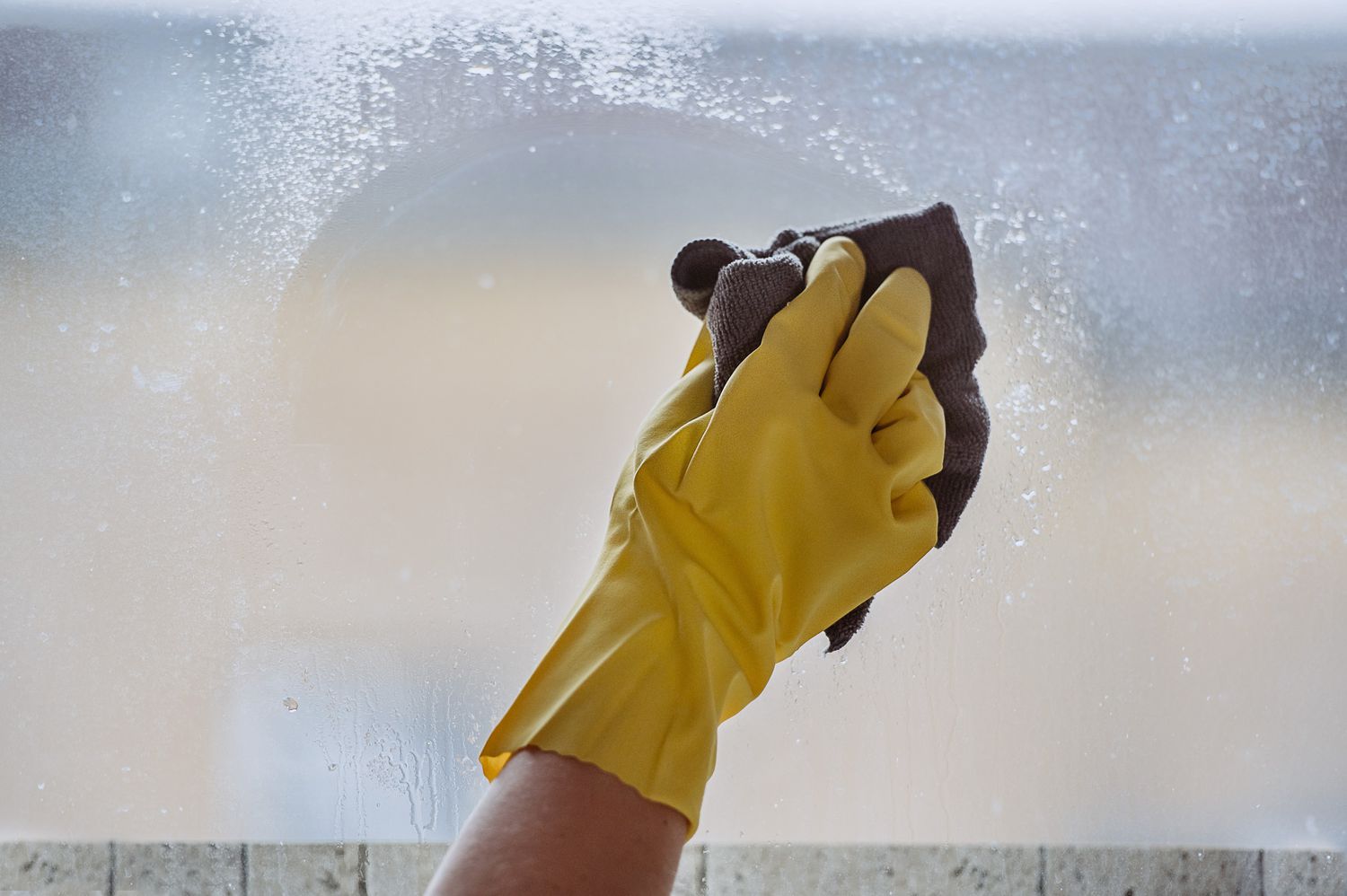
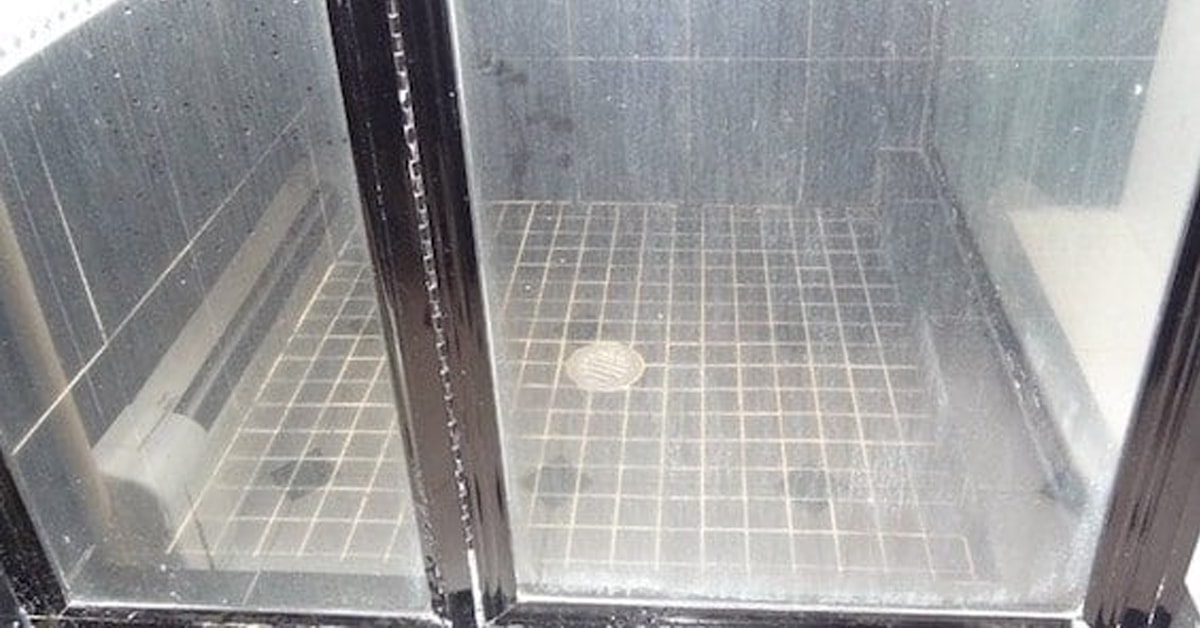
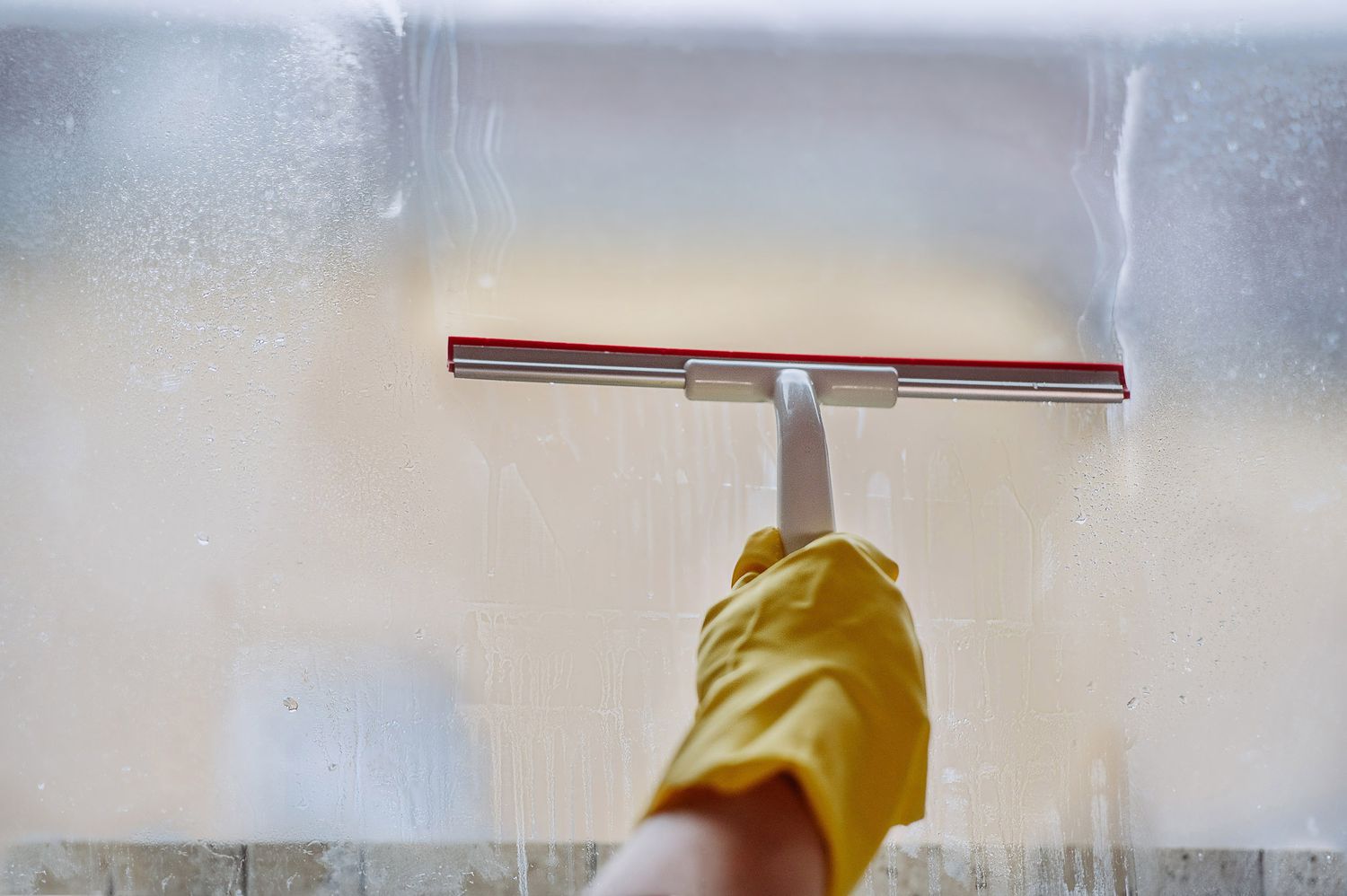
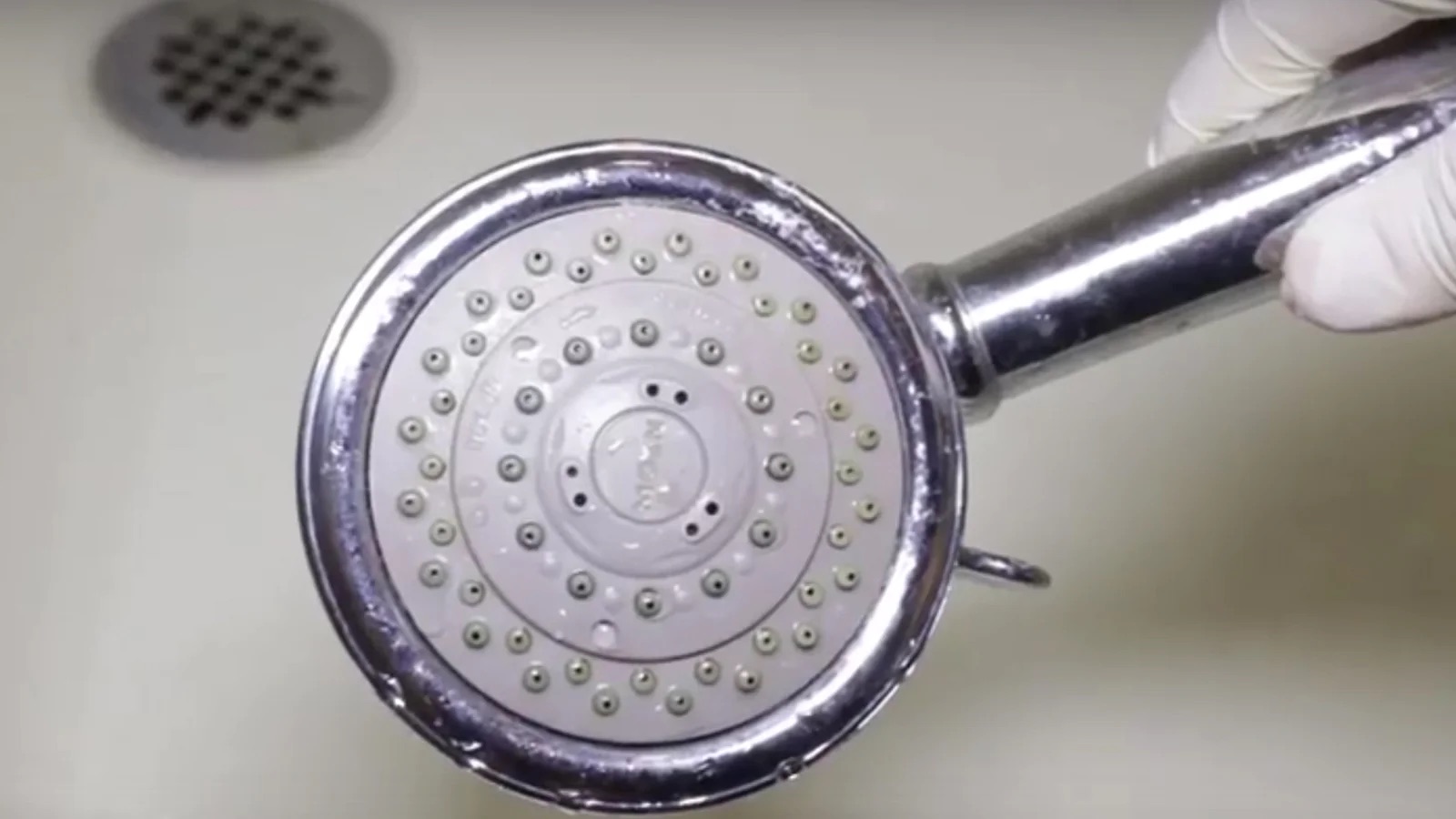
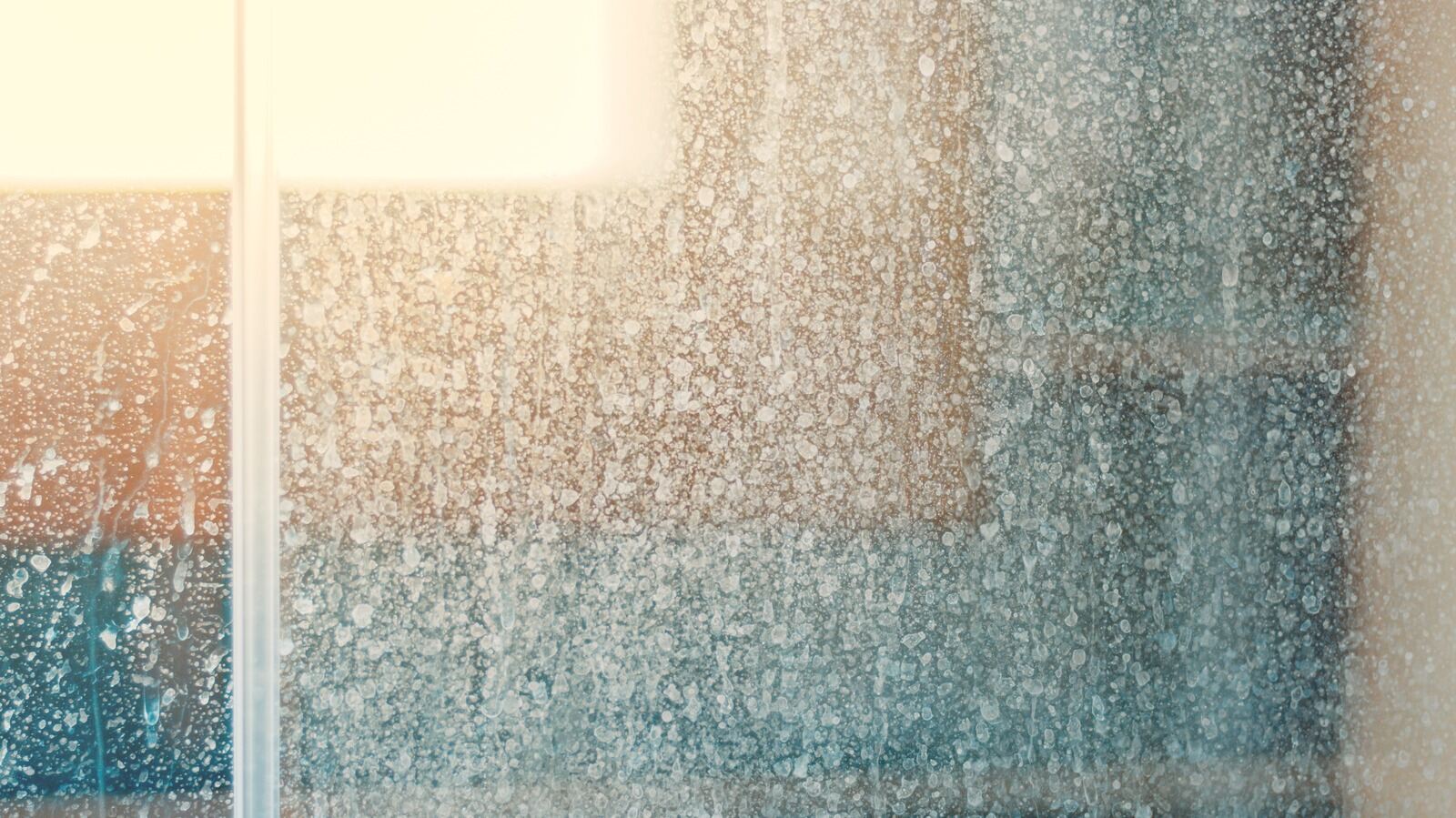
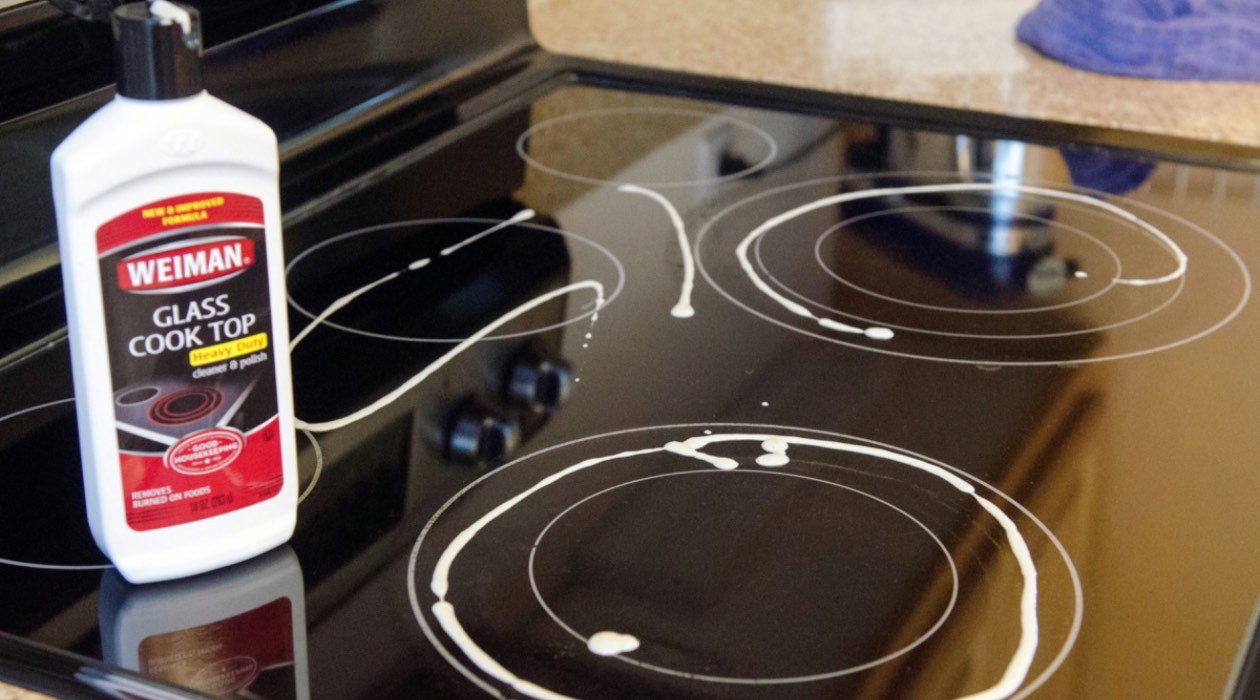
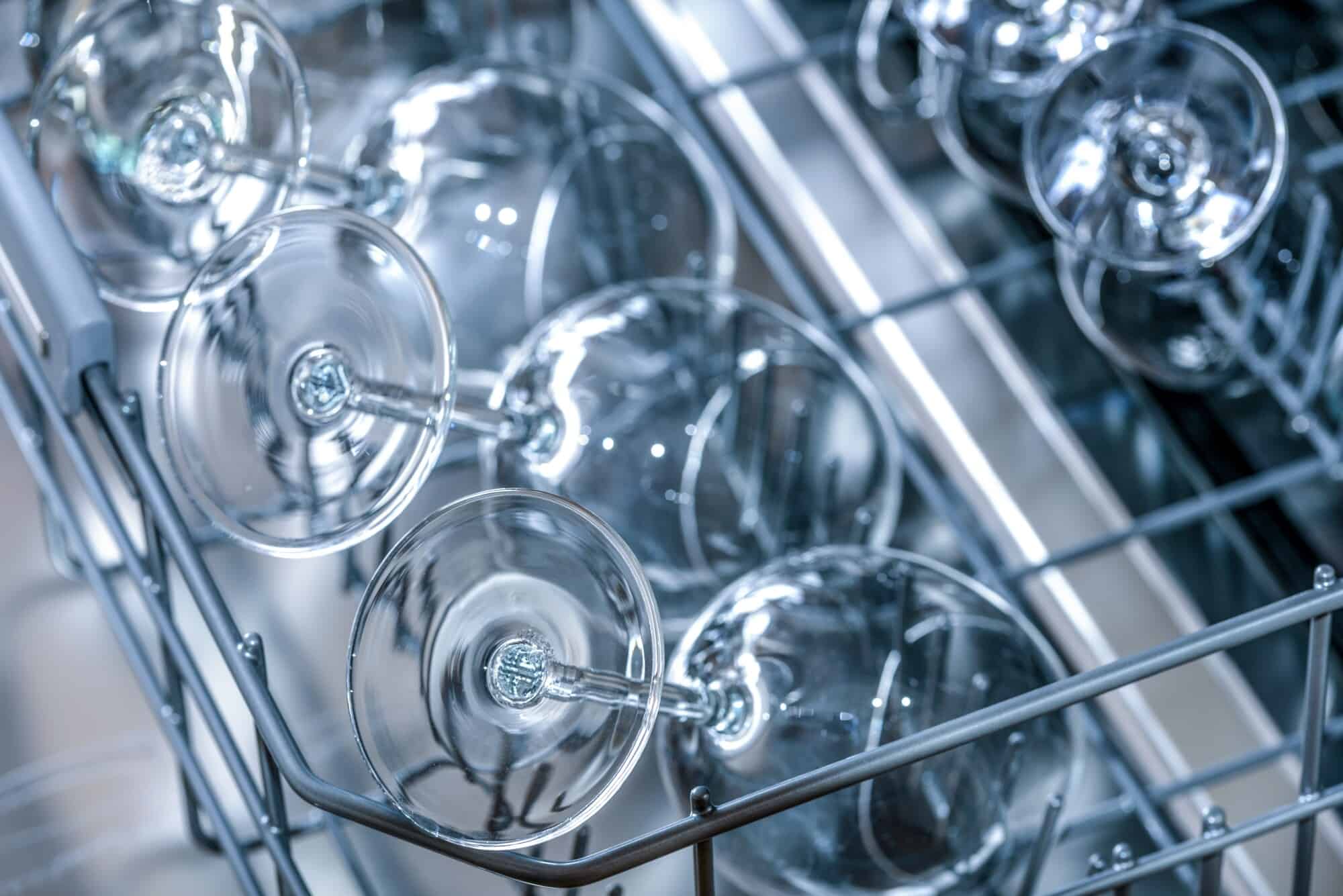
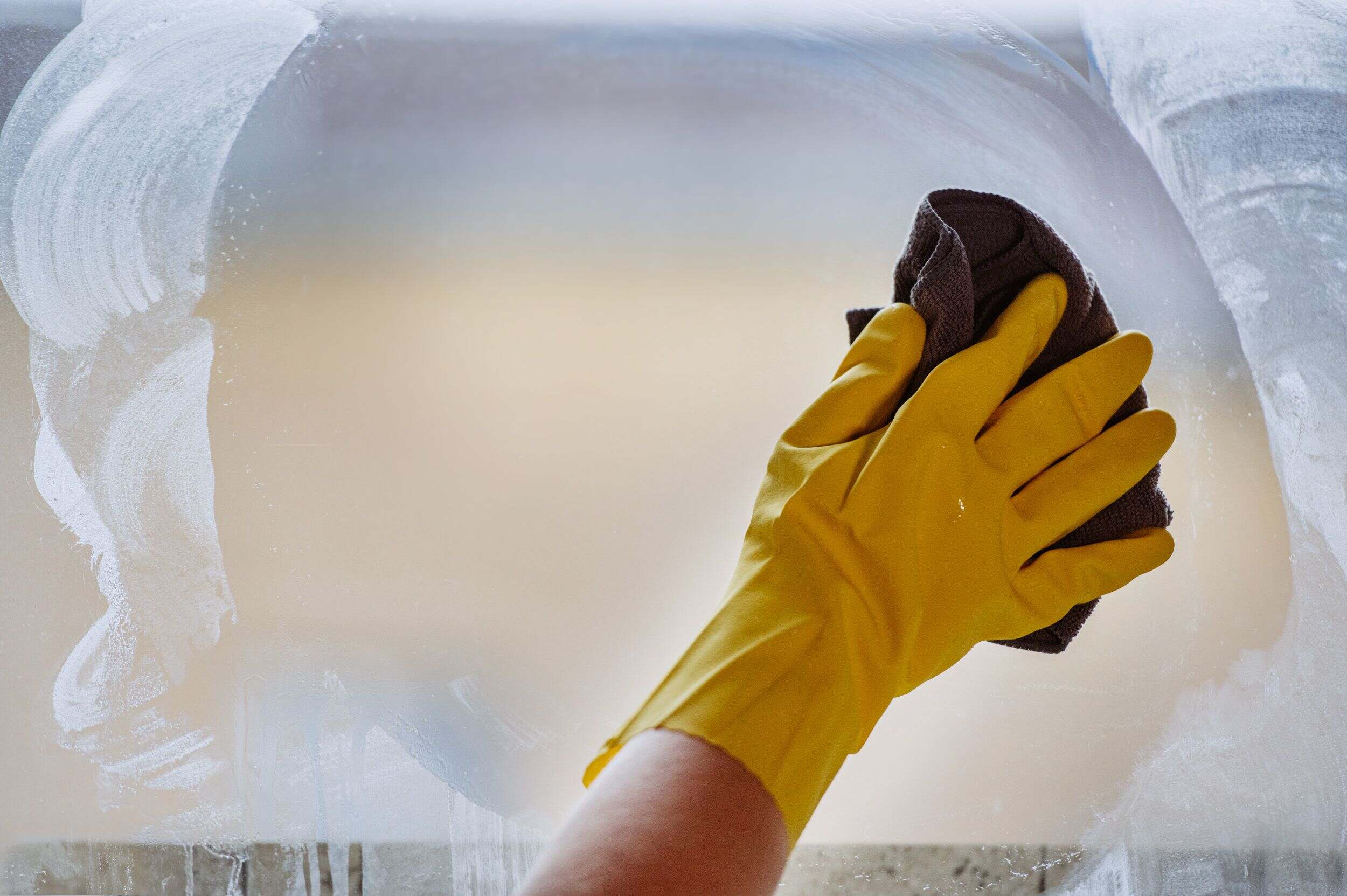
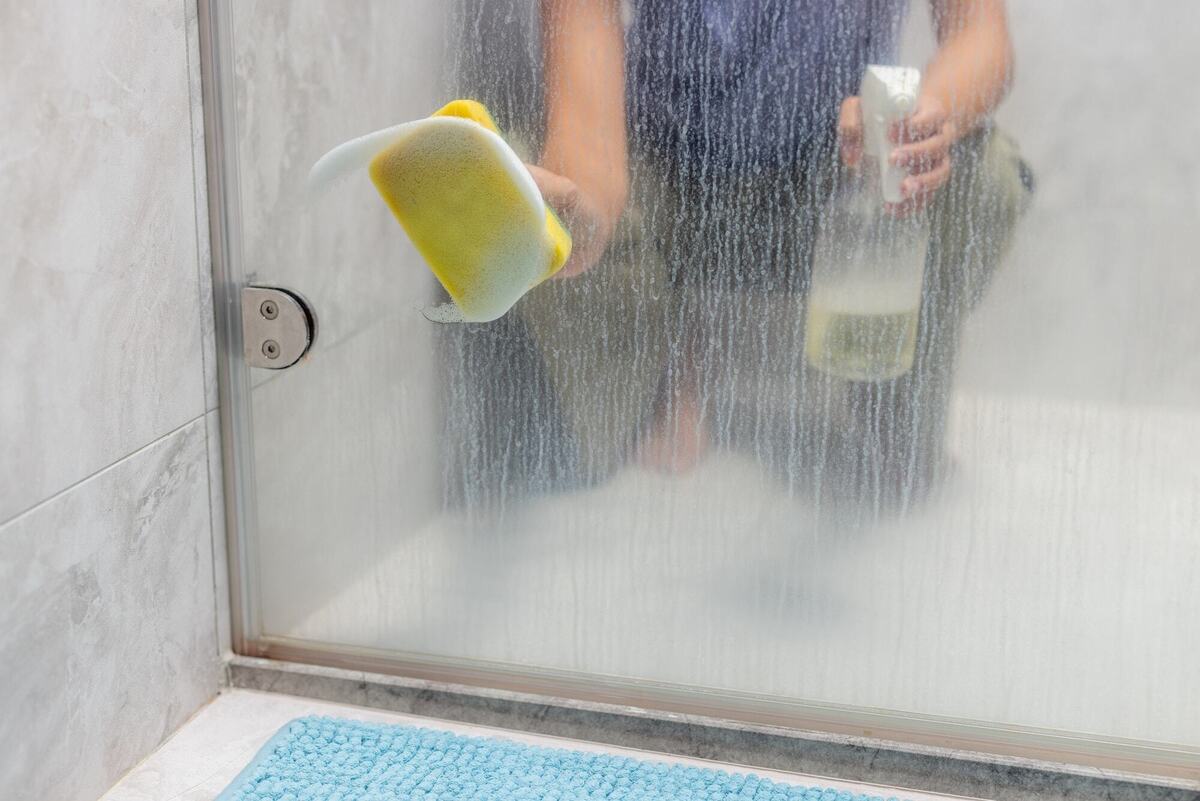
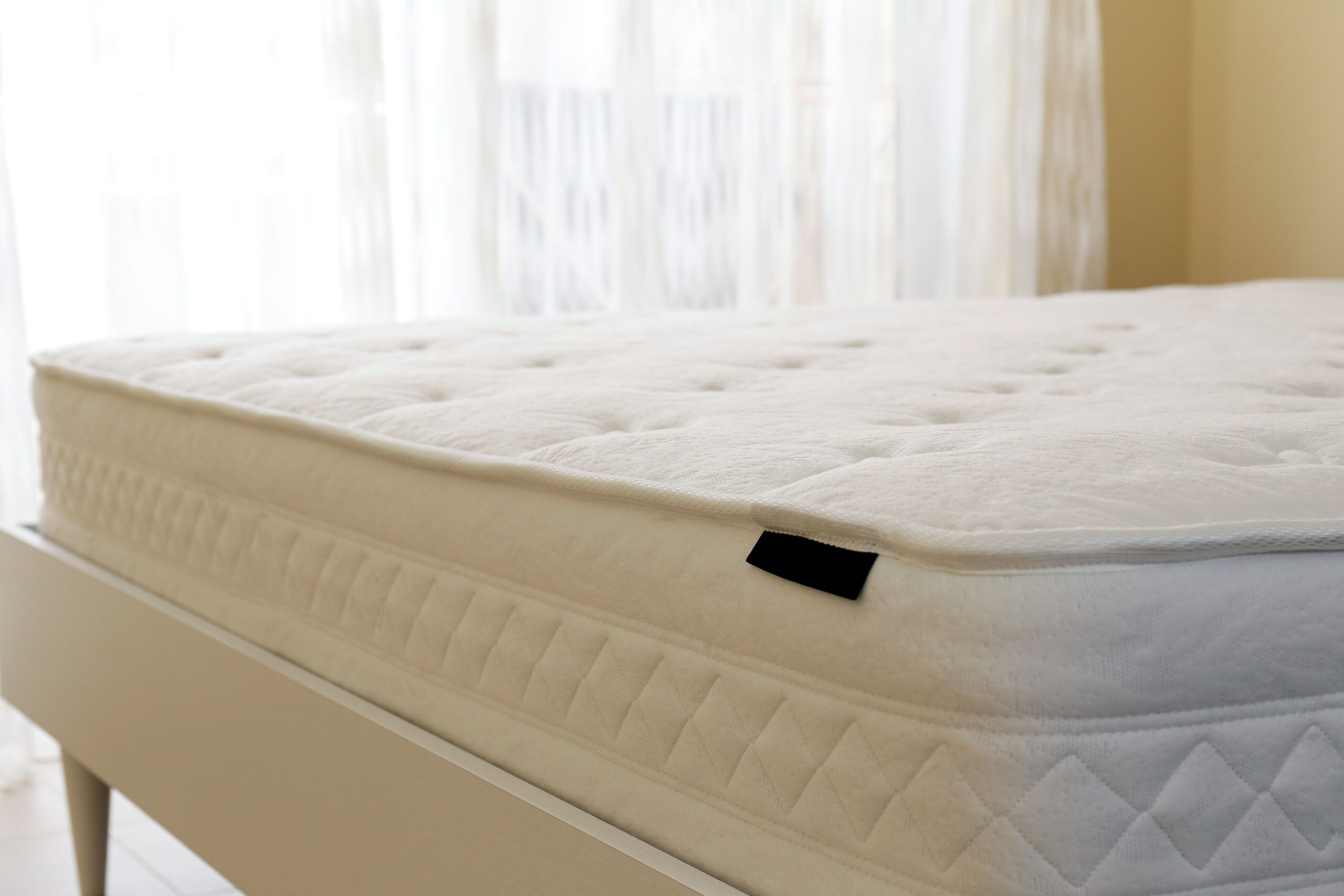
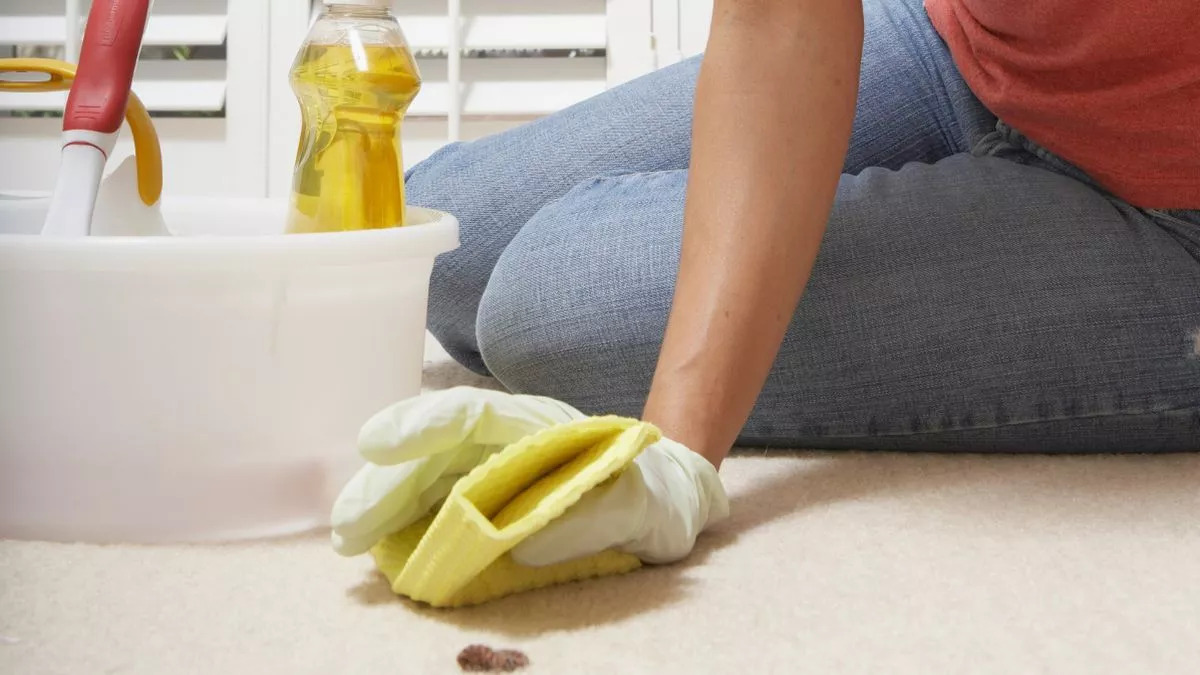
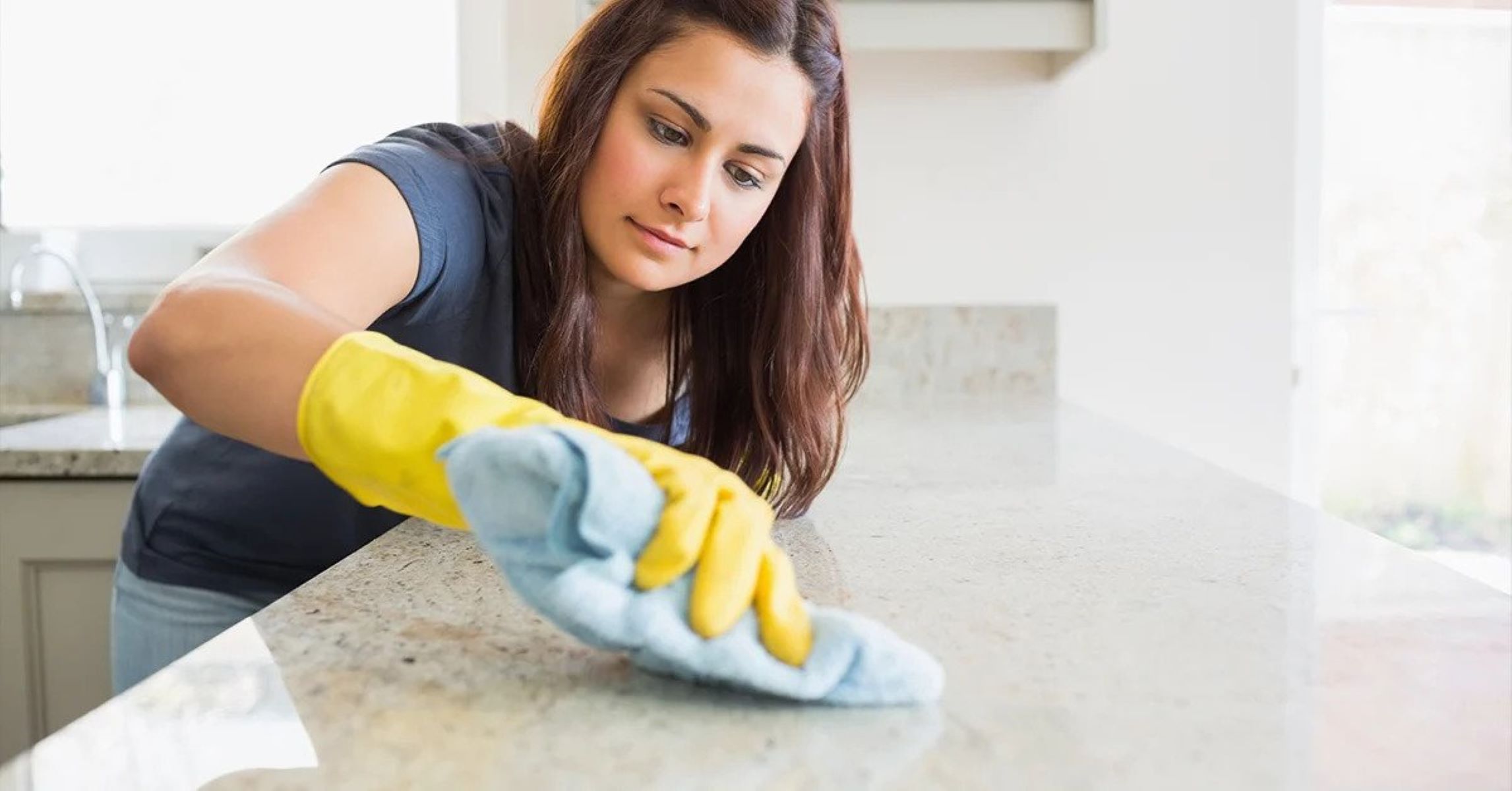

0 thoughts on “How To Get Hard Water Stains Off Glass”